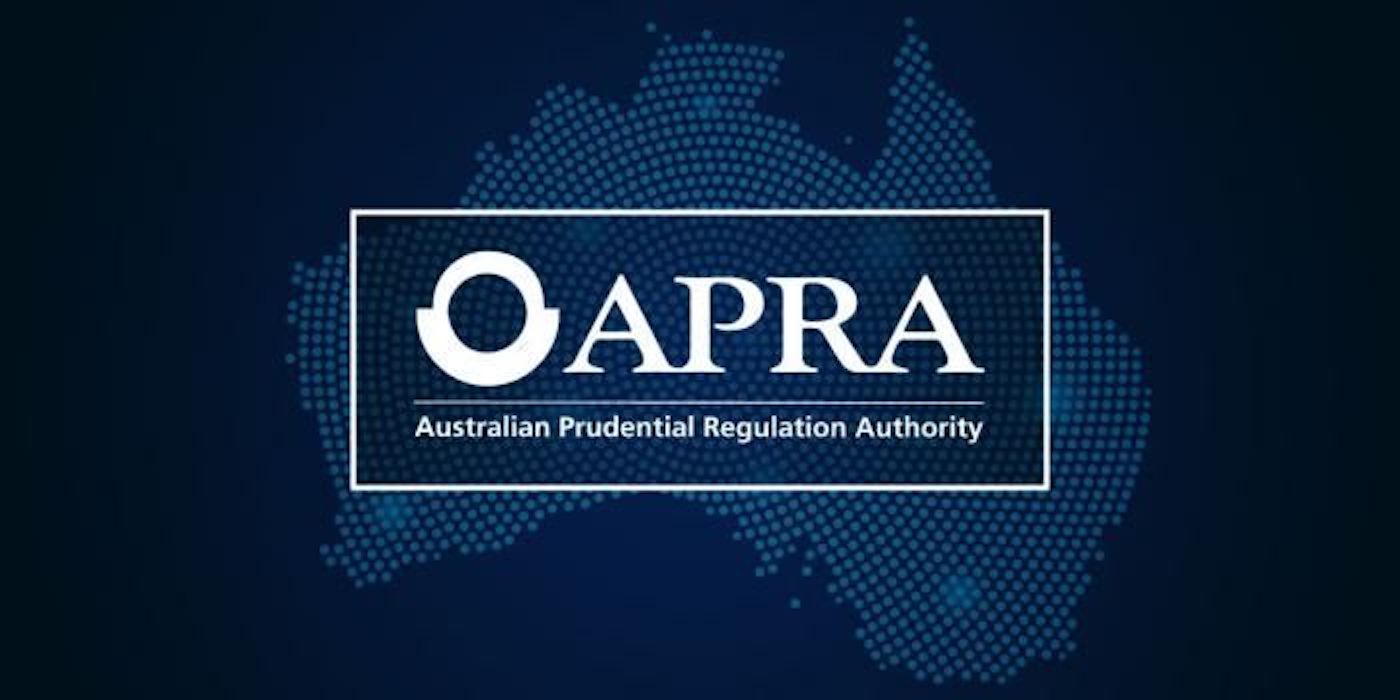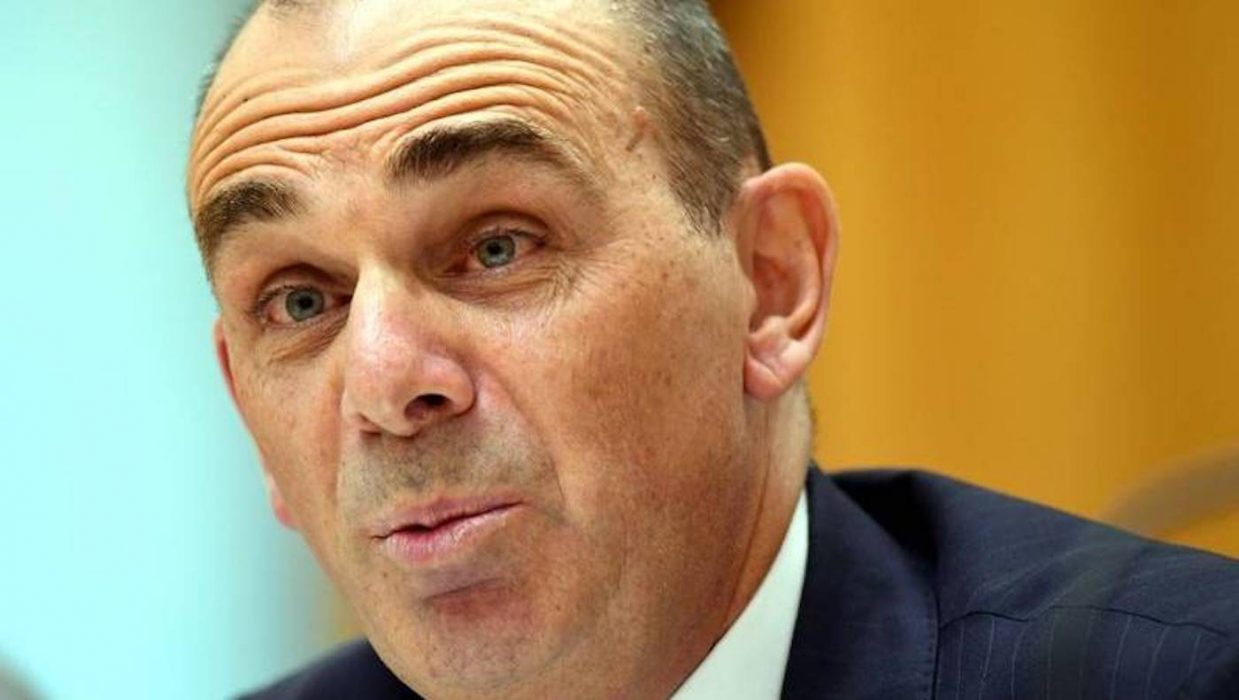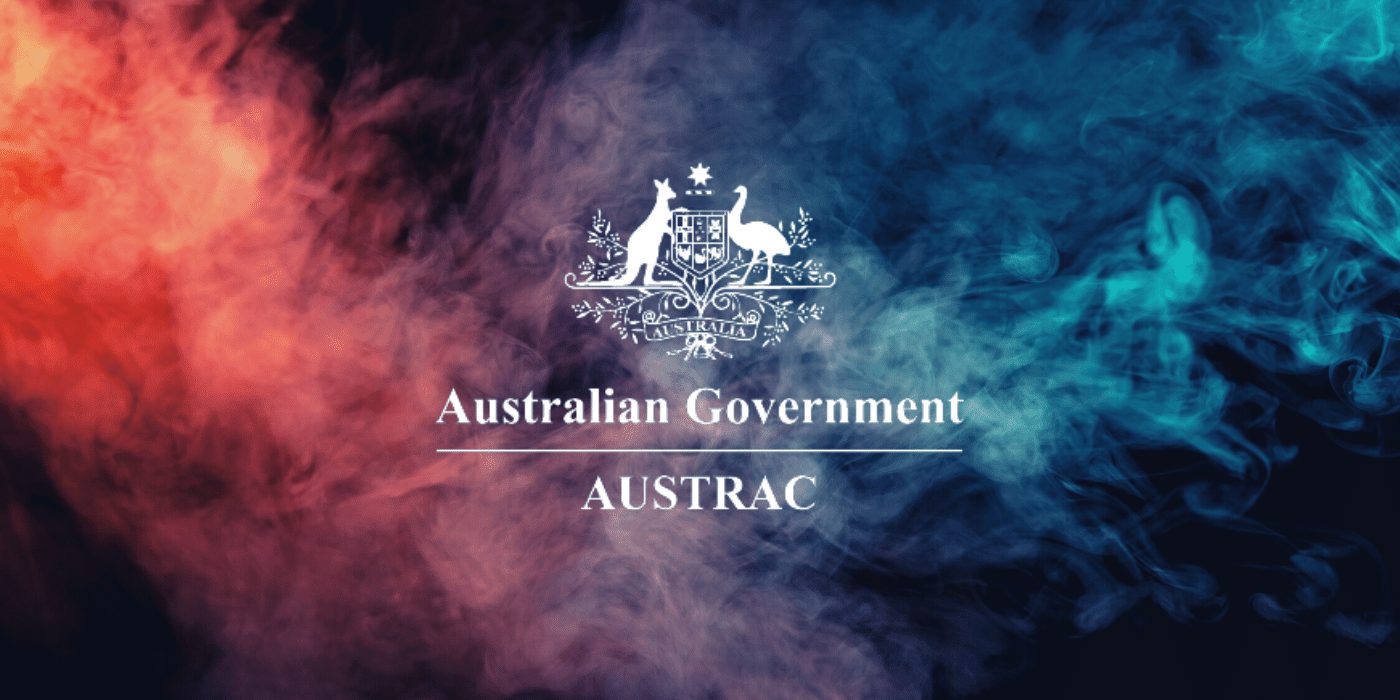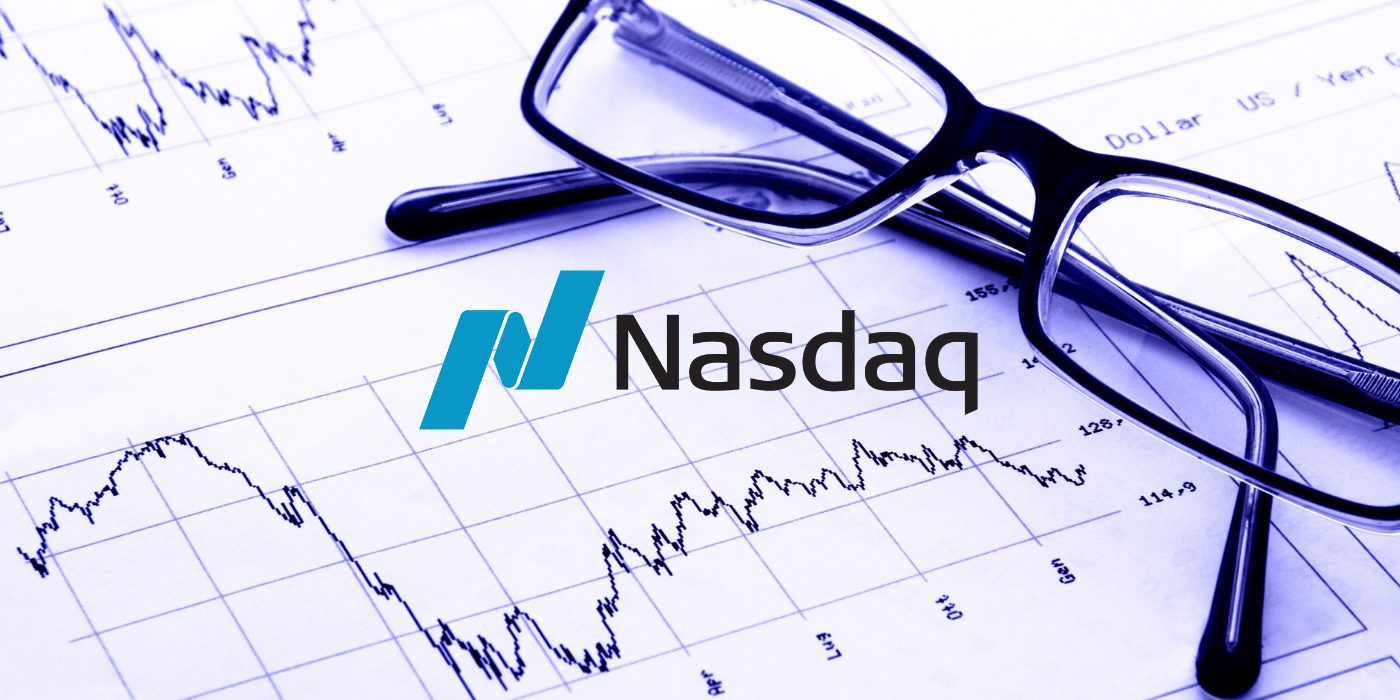Citizens of the Bahamas will be able to pay their taxes using cryptocurrency, as per this week’s release of a white paper from the Bahamian government.
Bahamian Government Pushing Broader Crypto Adoption
The government will allow Bahamians to pay taxes by collaborating with the nation’s central bank as well as the private sector. It will also encourage broader adoption of the nation’s CBDC (Central Bank Digital Currency) and access to crypto through the Bahamian Dollar.
The government will endeavour to ensure that digital assets are not used for the evasion of taxes or sanctions, and will seek to ensure compliance with all applicable tax information exchange agreements (TIEA) and domestic laws and agreed OECD standards.
Bahamian government white paper
The white paper outlines the island nation’s strategy to become a “leading digital assets hub in the Caribbean” from now until 2026, according to Bahamian Prime Minister Philip Davis. As part of the plan, the government will establish a digital asset policy committee and a digital advisory panel, with the latter chaired by Davis:
Caribbean Crypto Paradise
The Bahamas was one of the first to implement proper regulations for the digital assets landscape. In 2020, the government created the Digital Assets and Registered Exchanges Act (DARE), allowing crypto companies to operate legally within the nation.
Some of the policy objectives outlined in the white paper are seeking to improve the attractiveness of the Bahamas as a well-regulated jurisdiction and to explore new opportunities in the digital assets landscape.
A few months ago, Crypto News Australia reported that the Tourism Authority of Thailand (TAT) was looking to attract crypto millionaires to revive visitor numbers to an industry adversely affected by the pandemic.













